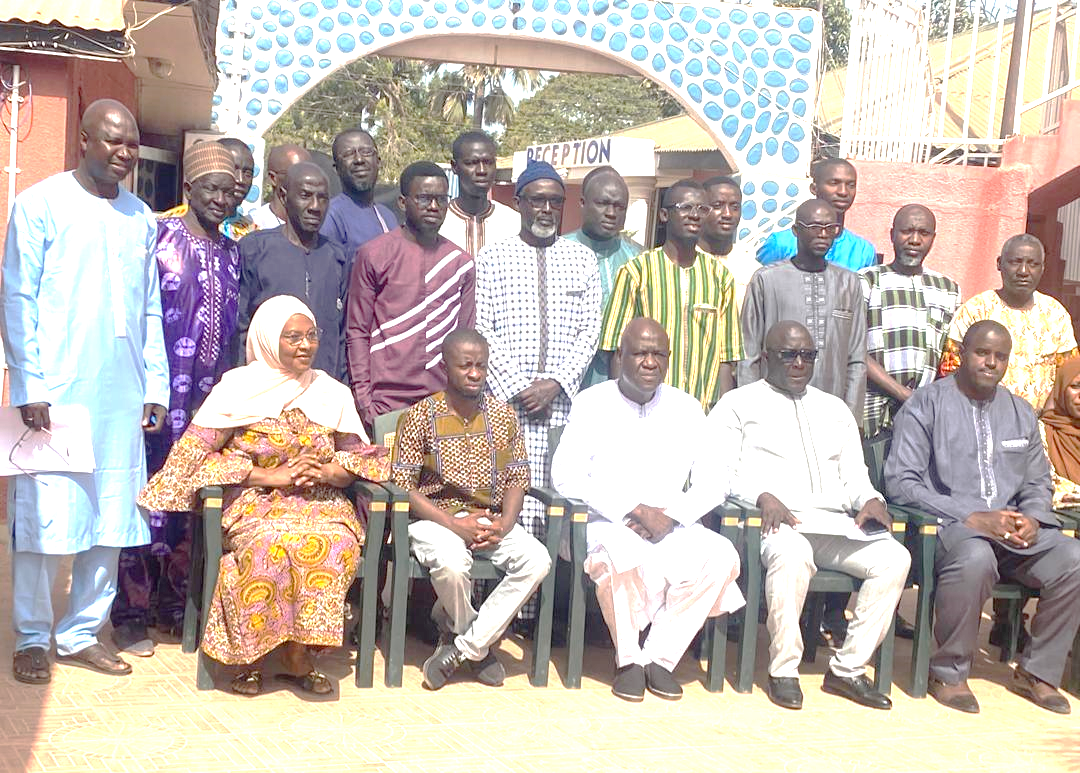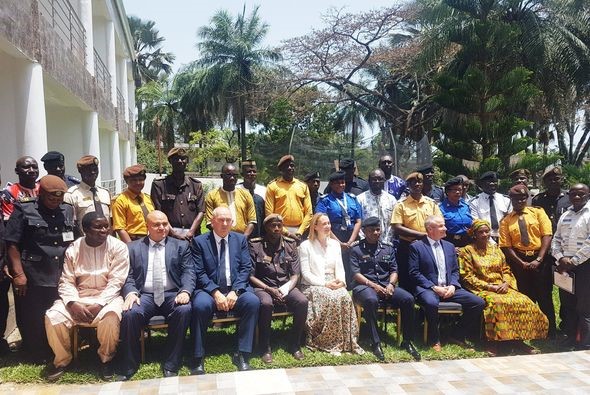By Binta Jaiteh
The Gambia Standards Bureau (TGBS) in partnership with Gambia Investment and Resilient Agriculture Value chain (GIRAV) has signed a memorandum of understanding (MoU) to develop a national standard for maize, horticulture, poultry, and their related value chain.
Speaking on behalf of the Minister of Trade at the inauguration ceremony held at the Baobab Hotel, Bijilo, Mr Hassan Gaye permanent secretary at MoTIE said today the Gambia can access many markets not only the AFCTA market but the AU and Chinese market also.
He disclosed that The Gambia Standards Bureau and GIRAV project under the Ministry of Agriculture has entered into an agreement and signed MOU to develop standards on agricultural products.
Sariyang MK Jobarteh, deputy director general at the Department of Agriculture representing the Minister of Agriculture underscored the importance of the above-outlined crops. Saying, they are very important in agriculture, and “we are taking every measure to increase the volume for this particular crop and we are using high yield seed that can produce a lot of seeds than the traditional ones of decades ago.”
He said, in this case, they have to consider looking around the value chain concerning the composition of demand and supply. Adding that most of the food consumption of rank will be maize.
In addition, he said they believe that in terms of demand analysis concerning the value chain of maize, there should be very important statistics and records on the National demand estimation, and the estimated impact of the animal feed industry on these demand characteristics.
Ebrima Jallow, representative of the director general of The Gambia Standard Bureau said they are here to develop maize specification standards and post-harvest handling and storage of maize a critical component of maize quality that reaches the market.
The maize produces, he said, to be able to access not only the Gambian market but at the international level because “we cannot export if we don’t meet certain qualities and standards. We also want to be competitive in the market to enhance the income of our farmers and promote our GDP.”




